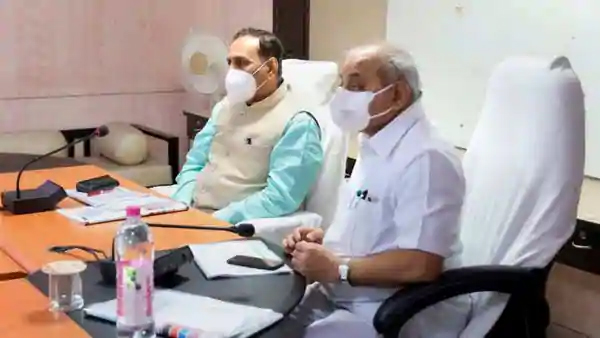NE NEWS SERVICE
AHMEDABAD, AUG 29
The Gujarat government has decided to extend the application of the Prevention of Anti- Social Activities (PASA) Act to cyber criminals, loan sharks and sexual offenders, among others.
CM Shri @vijayrupanibjp makes an important decision to amend the Prevention of Anti-Social Activities (PASA) Act to make it more stringent with a view to reaffirm Gujarat’s identity of a peaceful, safe and secure state. pic.twitter.com/MjThtBIGN0
— CMO Gujarat (@CMOGuj) August 29, 2020
The act provides for the preventive detention of habitual offenders.
Chief Minister Vijay Rupani, who also holds the home portfolio, will propose an ordinance to amend the PASA Act, 1985, in the Cabinet meeting on Wednesday, said an official.
The amendment aims to “re-affirm Gujarat’s identity as a peaceful, safe and secure state”, said the official from the Chief Minister’s Office.
The amendment also seeks to cover those involved in “physical violence (against) and intimidation of weaker sections”.
At present, the act is invoked against those involved in offences under the Indian Penal Code, Arms Act, drug offences, bootlegging, gambling, prostitution, and cow slaughter.
Under the PASA Act, habitual offenders can be held in preventive detention on the orders of district magistrate for up to one year.
After detaining a person, the authorities have to inform the PASA Advisory Board within three weeks, and the board, headed by a retired high court judge, has to inform the government if the detention is valid or not.
If the board opines that there are no sufficient grounds, the detention order is revoked.
With the proposed amendment, a person committing crimes under the Information Technology Act can be detained under the PASA Act.
In gambling cases, a person can be detained if he/she is found to be involved in a similar crime within three years of conviction. Under the proposed changes, the limit of three years will be removed.
The act will also apply to those involved in sexual harassment offenses under the IPC as well as the Protection of Children from Sexual Offences Act, and those involved in harassing borrowers or taking away of a borrower’s property illegally.












